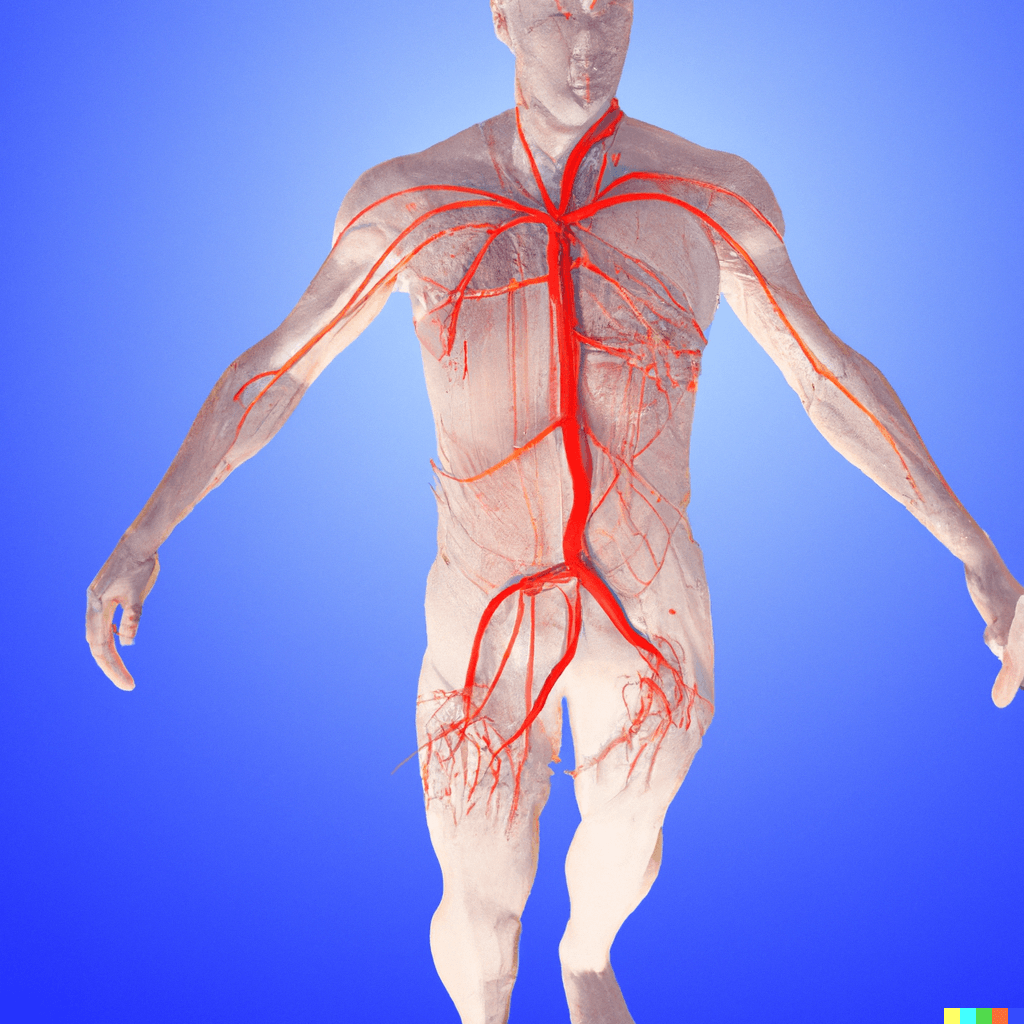How long does nicotine stay in your system? Nicotine is a highly addictive substance that is commonly found in tobacco products, such as cigarettes, cigars, and chewing tobacco. If you are a smoker or have recently quit smoking, you may be wondering how long nicotine stays in your system. The answer to this question depends on various factors, such as the amount of nicotine you consume, the frequency of use, and your body’s metabolic rate. In this article, we will explore the length of time that nicotine remains in your system and the factors that can impact this duration.
How long does nicotine stay in your system?
The length of time that nicotine stays in your system can vary depending on several factors, but typically it will be eliminated from your body within 2 to 5 days. This is because nicotine is rapidly metabolized in the liver and then excreted in the urine. The half-life of nicotine is approximately 2 hours, meaning that after 2 hours, half of the nicotine in your system will have been metabolized and eliminated.
However, the length of time that nicotine remains in your system can also depend on the amount of nicotine you consume. Heavy smokers who consume high amounts of nicotine on a regular basis may take longer to eliminate it from their system. On the other hand, occasional smokers may have a faster elimination rate.
Factors that can impact the duration of nicotine in your system
- Metabolic rate: Your metabolic rate plays a significant role in the length of time that nicotine stays in your system. Individuals with a high metabolic rate will typically metabolize and eliminate nicotine faster than those with a slow metabolic rate.
- Age: As you age, your metabolism slows down, and it can take longer to eliminate nicotine from your system.
- Body weight: Individuals with a higher body weight typically have a slower metabolic rate, and it may take longer to eliminate nicotine from their system.
- Hydration: Staying hydrated can help to flush out nicotine from your system faster. Drinking plenty of water can help to increase the speed of metabolism, which will help to eliminate nicotine faster.
- Frequency of use: The frequency of nicotine use can also impact the length of time that it stays in your system. Individuals who consume nicotine regularly will typically have a longer elimination time than those who consume it occasionally.
- Mode of consumption: The method in which nicotine is consumed can also impact the length of time that it remains in your system. For example, nicotine gum has a slower elimination rate compared to smoking, as it is absorbed into the bloodstream gradually over time.
Conclusion
Nicotine is a highly addictive substance that is commonly found in tobacco products. The length of time that nicotine stays in your system can vary depending on several factors, including the amount of nicotine consumed, the frequency of use, and your body’s metabolic rate. Typically, nicotine is eliminated from your system within 2 to 5 days, but this can vary based on the factors discussed in this article. If you are a smoker or have recently quit smoking, it is important to stay hydrated and maintain a healthy diet to help flush out nicotine from your system faster.
Remember that this assumes normal consumption – not if you swallow the whole pouch or something. You can read more about that in our blog can you swallow spit from zyn pouches?
